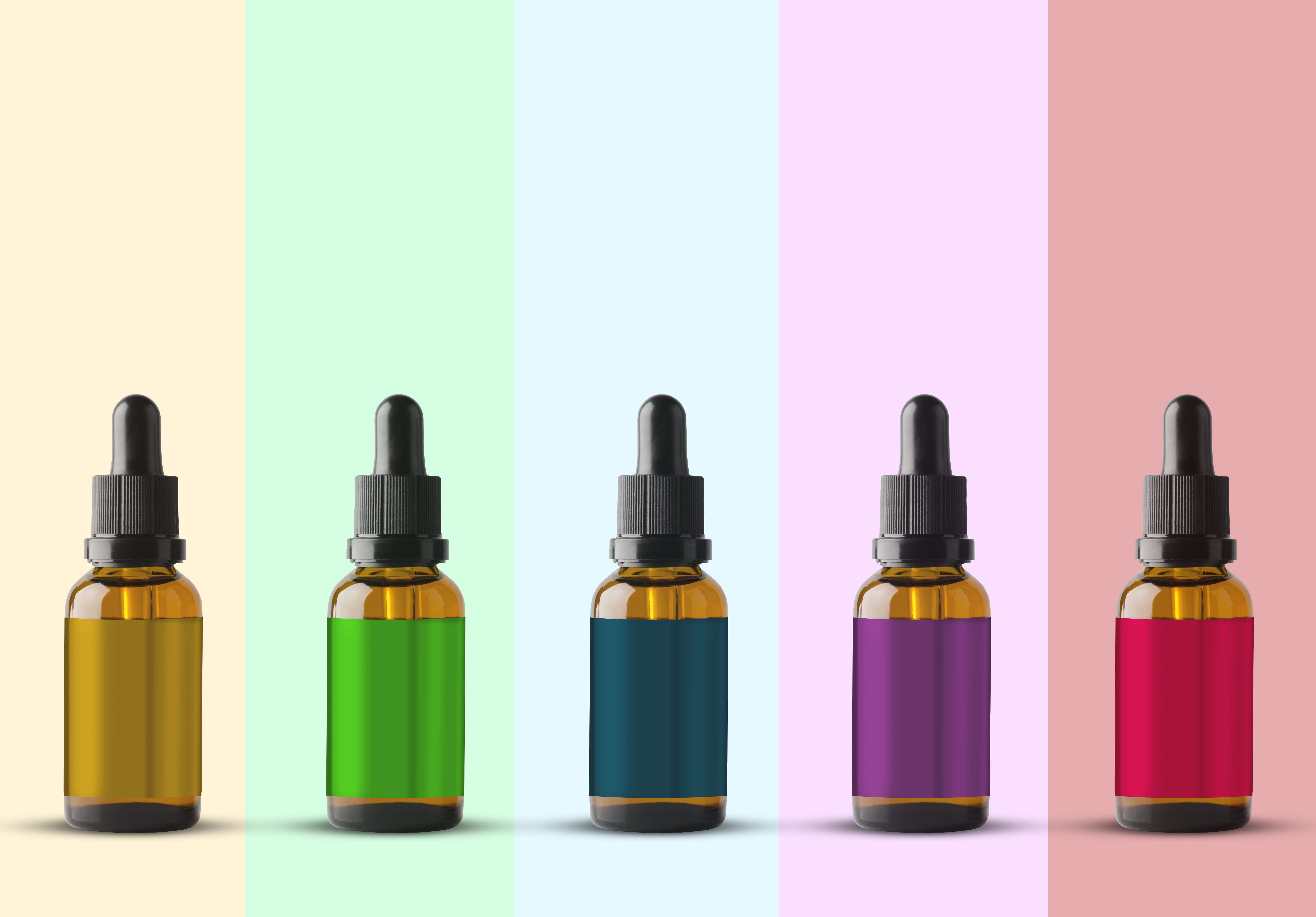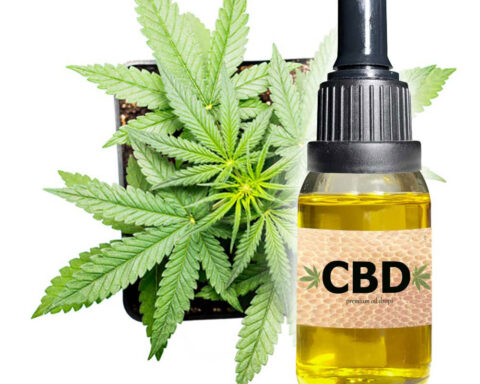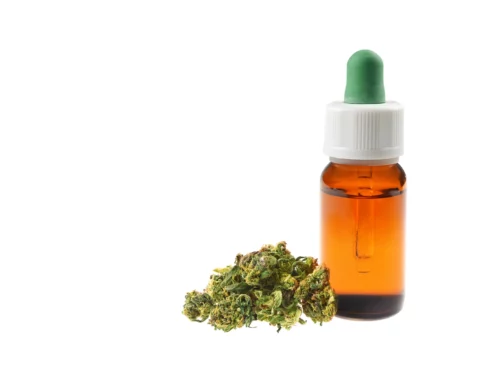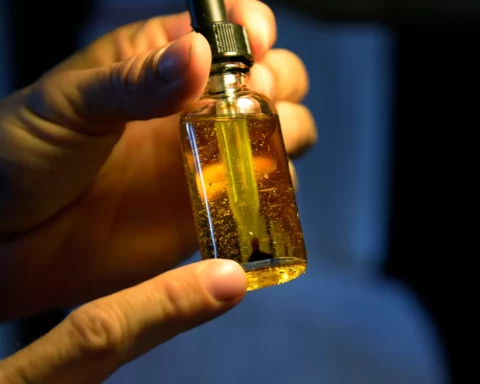With the growing demand for CBD products, differentiating between low and high-quality products has become a challenge for many users. Essentially, CBD products are not highly regulated in some countries, making the products vulnerable to poor quality from manufacturers. Herein, information on the criteria of quality check, the benefits of CBD isolate, and the venues to obtain good quality products is presented.
CBD is one of the many cannabis derivatives from the hemp plant. The hemp plant contains various compounds, including THC, terpenes, and flavonoids. However, the most common cannabinoids are THC and CBD. This is because of the benefits that they provide. For instance, CBD gives its consumers a calming effect. In contrast, THC is responsible for the psychoactive effects. Ideally, psychoactive effects entail the recreational values of CBD. These properties affect the behavior of the users, with the most common phenomenon described as ‘feeling high’; hence, the selection criteria and CBD product search should consider these effects as quality precursors. Notably, prices, which are additional quality indicators, vary from country to country. Therefore, the current article will discuss other considerations other than the prices.
Why CBD Sourcing Matters
The quality of CBD used to manufacture CBD products depends on the origin of the hemp plant. For instance, plants grown using inorganic chemical fertilizers may taste bitter (Dunford, 2015). Studies have also linked the chemical components in food to the environment in which the plant grew. Hence, hemp users may ingest harmful chemicals from products made with raw materials from chemically polluted environments. This may impose health risks on the patient. In some cases, product quality depends on how its users feel about it.
Where to buy CBD oil
CBD products can be bought online or through brick and motor stores available in the market. The locations to purchase the products and the corresponding prices depend on an individual’s preference and financial ability. However, certain conventions should be used to guide the preference and purchase; Users should buy CBD oil from companies that meet the following standards:
Certificate of Analysis (COA)
According to Wakshlag et al. (2020), the COA shows the compounds present in a CBD product. Users can find the COA on a company’s website or request a copy of it is unavailable from the website. Essentially, a COA indicates a company’s commitment to transparency. Failure to provide the COA should be a warning sign of poor product quality. A trustworthy COA should contain a Cannabinoid analysis that indicates the concentration of cannabinoids and their derivatives in the product. The data should also contain the weight of the cannabinoids in a product.
Additionally, a COA should contain Heavy metal analysis. This Analysis indicates the levels of heavy metals like mercury and lead in the product. Heavy metals may cause severe medical conditions like cancer. Hence, CBD oil users should be careful to consume a recommended level of these metals. Further, a COA should also indicate the pesticide analysis. This Analysis measures the type of pesticides used to protect the plant. Lushchak et al. (2018) suggested that ineffective pesticide control in a product may weaken the user’s immunity or cause liver toxicity. In children, pesticides may lead to cancer. Lastly, the COA indicates the presence of compounds such as terpenes responsible for the aroma, mycotoxins, and harmful residual solvents.
Third-Party Testing
Proof of third test lab results increases the company’s level of trustworthiness. Ricordi et al. (2016) urged users to check the product analysis when the testing is conducted by an in dependent third-party laboratory.
Organic, Non-GMO, vegan, and Gluten Free
Organic cannabidiol oil does not contain synthetic chemicals like pesticides. USDA certifies organic products through internal frameworks that ensure specific criteria of compliance. Some CBD companies do not have USDA-certified products. Hence, users should visit the USDA website to find USDA-certified brands.
Vegan CBD oil is usually infused in CBD edibles. Consumers should therefore check for the product description to understand the components used in their manufacture. If unavailable, consumers can ask for the information from the Companies that manufacture them.
CBD oil products like tinctures, capsules, and lotions are ordinarily gluten-free. However, CBD edibles may have gluten. Users, who are allergic to gluten, should confirm the ingredient list on the oil packages before they consume them.
Non-GMO CBD Oil is extracted from plants with little artificial intervention. Many CBD companies claim that they have NON-GMO products without providing official verification. To be sure whether the oil is NON-GMO, users should enquire about the source of the hemp plant used as raw material.
Conclusion
Knowing where to purchase CBD oil may be difficult. However, with the tips above, users can obtain the necessary information to locate and purchase high-quality CBD oil. Users should utilize the information to avoid low-quality oil with potentially adverse effects on the body. Additionally, users should know that CBD oils exist in three spectrums; broad-spectrum, full-spectrum and isolate. The similarity among these categories of CBD can cause significant confusion among new users.
New CBD oil users should seek medical advice in order to understand the potential risk of the CBD oil before purchase. Medical advice will help new users understand the compatibility of their bodies with the CBD oil or the potential interaction between the CBD oil and existing medication. From the medical advice, users will decide on the dosages to use, the potential side effects of these medications, and how to adjust the dosage. Small dosages are ideal for new users, although they can adjust the dosages progressively.
References
- Products That Assist with Stress Relief - September 21, 2023
- TRÈFLE – THE ROAD TO THE 15TH - July 29, 2023
- Lovingly thought out educational toys - July 5, 2023









